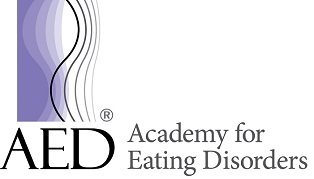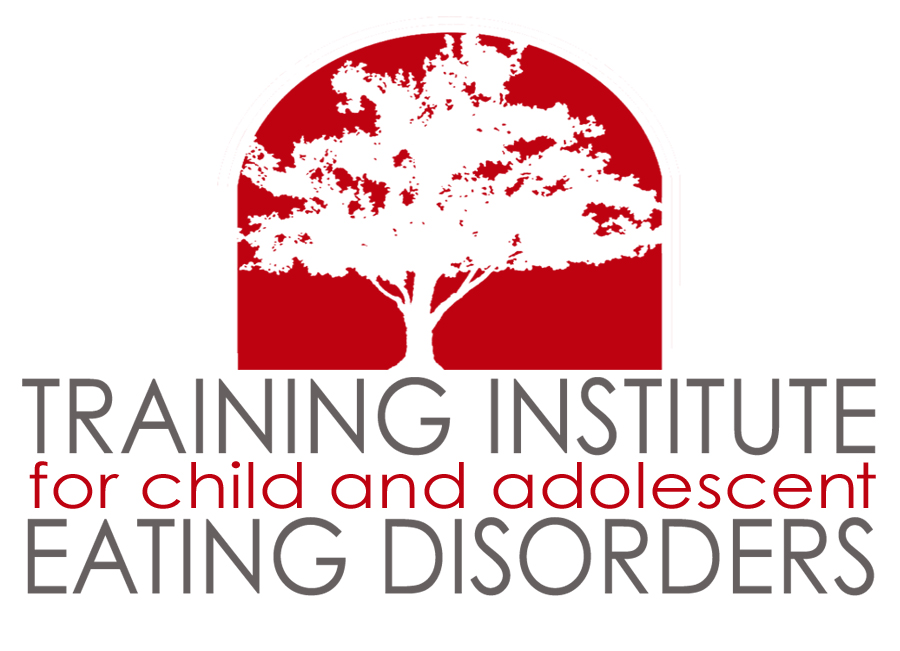What is Bipolar Disorder?
Bipolar disorder, formerly known as manic depression, is a mental health condition characterized by extreme mood swings that include emotional highs (mania or hypomania) and lows (depression).
During a manic phase, someone might feel overly happy and have lots of energy, ambitious plans, and a lot of fast, vibrant thoughts. They might talk quickly, become easily agitated, and engage in risk-taking behavior, such as spending sprees, unsafe sex, or reckless driving.
During a depressive phase, someone might feel very sad, indifferent, or hopeless, coupled with a lack of energy. They may have difficulty sleeping, eat poorly, and have difficulty concentrating. In severe cases, thoughts of death or suicide may occur.
There are several types of bipolar disorder, each defined by the pattern of mood swings. These include:
- Bipolar I Disorder: Defined by manic episodes that last at least seven days, or by manic symptoms that are so severe that the person needs immediate hospital care. Usually, depressive episodes also occur, typically lasting at least two weeks.
- Bipolar II Disorder: Defined by a pattern of depressive episodes and hypomanic episodes, but not the full-blown manic episodes described above.
- Cyclothymic Disorder: Defined by periods of hypomanic symptoms as well as periods of depressive symptoms lasting for at least two years (one year in children and adolescents). However, the symptoms do not meet the diagnostic requirements for a hypomanic episode and a depressive episode.
- Other Specified and Unspecified Bipolar and Related Disorders: Defined by bipolar disorder symptoms that do not match the three categories listed above.
The exact cause of bipolar disorder isn’t known, but a combination of genetics, environment, and altered brain structure and chemistry may play a role. Bipolar disorder often appears in the late teens or early adult years, but it can occur in children as well as older adults.
Bipolar disorder is a lifelong condition, but mood swings and other symptoms can be managed with a treatment plan that typically includes medication and psychotherapy. If you think you or someone else might have bipolar disorder, please consult with a healthcare professional. They can provide a diagnosis and help create a treatment plan that fits the individual’s needs.

What Risk Factors are Associated With Bipolar Disorder?
There are several risk factors that can contribute to the onset of bipolar disorder:
- Genetics: Bipolar disorder tends to run in families. Researchers have identified certain genes that may be involved, although it appears that no single gene is responsible for the disorder. Instead, several genes acting together are likely to contribute to a person’s risk.
- Brain Structure and Function: Brain scans have shown that people with bipolar disorder may have differences in the structure or activity of certain parts of the brain, particularly those involved with emotion regulation and executive function.
- Stress and Traumatic Events: Stressful life events, such as a death in the family, a breakup, physical, sexual or emotional abuse, or other trauma can trigger an initial episode in people prone to bipolar disorder.
- Substance Abuse: Substance misuse, particularly of drugs with mood-altering effects, can trigger episodes and may also exacerbate the course of the illness.
- Age and Gender: Bipolar disorder typically develops in late adolescence or early adulthood. However, it can occur at any age. Both males and females are equally likely to develop this disorder.
How We Treat
Resilience DBT & Eating Recovery is a team of Outpatient Eating Disorder Therapists in New Jersey, Florida, and Maryland. Our therapists are ready and equipped with clinical services to provide healing.
At Resilience DBT & Eating Recovery, we have helped individuals of all ages with a variety of mental health concerns. We can provide you with a unique program for persistent depressive disorder treatment.
Our therapists have experience in a variety of treatment modalities such as DBT, CBT, CBT-E, Family-Based Therapy, and Expressive Arts Therapies. This allows us to provide you with a tailored approach to your persistent depressive disorder treatment. Persistent depressive disorder will look different from person to person which means that your treatment plan will have differences.
If you find yourself in need of persistent depressive disorder treatment, the staff at Resilience DBT & Eating Recovery is here to support you. We recognize that individuals living with persistent depressive disorder are at a high risk for developing other mental health concerns, which is why we will investigate for other mental health concerns.
How do I begin?
Our team is dually and expertly trained in the Treatment of Eating Disorders and DBT for Mental Health. Our Evidenced-Based approaches include FBT, CBT-E, DBT-ED, and Comprehensive DBT for co-occurring mental health conditions. Our outpatient practice has helped Children, Teens and Adults achieve full Eating Disorder Recovery and Mental Health Stability for over 25 years.
1
Schedule your 15 minute free phone consultation
This phone screening is highly confidential to help determine if coming to the Resilience practice is the best course for you or your loved one.
2
Complete an Expert and Comprehensive Intake
During your intake appointment we will gather more information to identify your stressors and needs. And work with you to develop your resilience treatment plan.
3
Get connected with Your Personalized Care Team
Meet with a practitioner to get started on your journey of healing and wellness you know you deserve.









